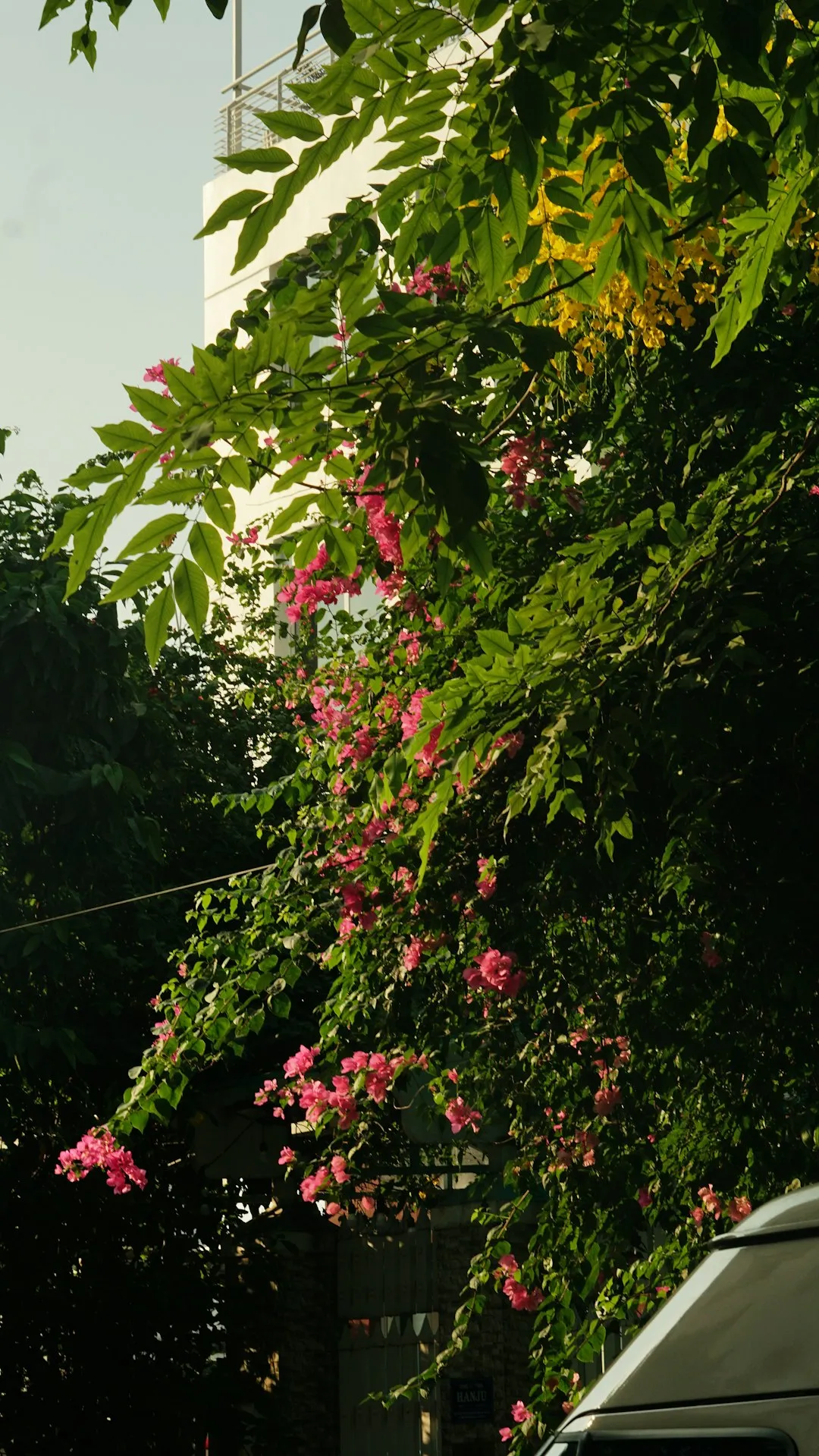Embarking on the Fruitful Journey of Orchard Building

Are you a beginner with a green thumb and a dream of having your own little orchard? Well, you're in the right place! In this guide, we'll explore the best types of fruit trees that are perfect for those just starting out in the world of edible gardening. Building your small orchard can be a rewarding and fulfilling experience, allowing you to enjoy fresh, home - grown fruits right from your backyard.
One of the top choices for beginner orchardists is the apple tree. Apples are incredibly versatile, with a wide range of varieties to choose from. They are relatively easy to grow and can adapt to different climates. Some popular apple varieties for beginners include Gala, Fuji, and Red Delicious. Gala apples are known for their sweet and crisp flavor, making them a favorite among both kids and adults. Fuji apples, on the other hand, are extremely juicy and have a long shelf - life. Red Delicious apples are famous for their bright red color and classic apple taste.
When planting an apple tree, it's important to choose a location that receives full sun for at least six to eight hours a day. Apple trees also need well - drained soil. You can plant them in the early spring or fall. Make sure to dig a hole that is wide and deep enough to accommodate the root ball. After planting, water the tree regularly, especially during the first few years of growth. Pruning is also an essential part of apple tree care. It helps to shape the tree, remove dead or diseased branches, and promote better fruit production.
Another great fruit tree for beginners is the peach tree. Peaches are a summer favorite, with their juicy, sweet flesh. They are a bit more sensitive to cold than apple trees, so it's important to choose a variety that is suitable for your climate. Some recommended peach varieties for beginners are Elberta and Redhaven. Elberta peaches are large and have a sweet, slightly tangy flavor. Redhaven peaches are known for their early ripening and excellent flavor.
Peach trees require a lot of sunlight and well - drained soil. They also need regular watering, especially during dry spells. Pruning is crucial for peach trees as it helps to improve air circulation and prevent diseases. In the winter, you may need to protect the tree from cold temperatures by wrapping it with burlap or using a tree blanket.
Cherry trees are also a wonderful addition to a beginner's orchard. There are two main types of cherries: sweet cherries and sour cherries. Sweet cherries, such as Bing and Rainier, are great for eating fresh. Sour cherries, like Montmorency, are often used for making pies, jams, and preserves. Cherry trees need full sun and well - drained soil. They are relatively easy to care for, but they may be susceptible to pests and diseases. Regular monitoring and proper pest control measures are necessary to keep your cherry tree healthy.
Plum trees are another option for beginner orchardists. Plums come in a variety of colors and flavors. Some popular plum varieties for beginners are Santa Rosa and Stanley. Santa Rosa plums are large, juicy, and have a sweet - tart flavor. Stanley plums are known for their excellent storage qualities. Plum trees need full sun and well - drained soil. They also require regular pruning to maintain their shape and promote fruit production.
When starting your orchard, it's important to plan the layout carefully. Consider the spacing between the trees, as each type of fruit tree has different space requirements. You also need to think about the overall design of your orchard, such as whether you want to plant the trees in rows or in a more natural, scattered pattern. Additionally, make sure to provide proper support for the trees, especially when they are young. You can use stakes or trellises to keep the trees upright and prevent them from being damaged by strong winds.
Soil preparation is also a key step in building a successful orchard. Test your soil to determine its pH level and nutrient content. Most fruit trees prefer a slightly acidic to neutral soil pH. You can amend the soil with organic matter, such as compost or aged manure, to improve its fertility and structure. This will provide the trees with the necessary nutrients for healthy growth.
Finally, don't forget about the long - term care of your orchard. Regular fertilization, pest control, and pruning are essential for the health and productivity of your fruit trees. Keep an eye on the weather conditions and take appropriate measures to protect your trees from extreme temperatures, drought, and heavy rainfall. With a little patience and effort, your small orchard will soon be producing an abundance of delicious fruits for you and your family to enjoy.